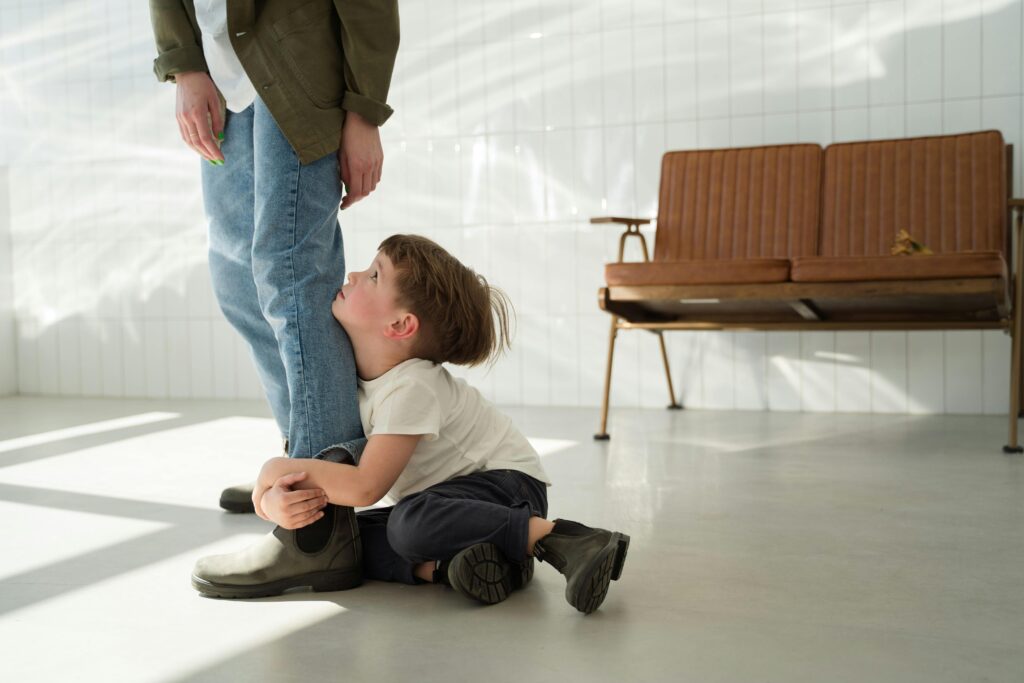Welcome to the wild world of toddlerhood, where every day is an adventure filled with giggles, tantrums, and endless energy. As parents, navigating this stage can sometimes feel like riding a rollercoaster without a seatbelt. But fear not! With the right discipline techniques, you can transform those turbulent moments into valuable learning opportunities, fostering growth and harmony in your household.
Understanding Toddler Behavior:
Before diving into discipline strategies, it’s crucial to understand the curious minds and developing emotions of toddlers. At this stage, toddlers are like sponges, absorbing everything around them while testing boundaries and asserting their newfound independence. Their behavior can range from adorable to exasperating in a matter of seconds, leaving parents feeling both amused and overwhelmed.
Positive Reinforcement:
One of the most effective discipline techniques for toddlers is the power of positive reinforcement. Instead of focusing solely on correcting misbehavior, try to catch your little one being good and praise them lavishly. Whether it’s sharing a toy, using manners, or completing a task, acknowledging their positive actions reinforces desirable behavior and boosts their confidence.
Here are 15 sample words or phrases that parents can use to promote positive reinforcement for toddlers:
“You did an awesome job!” 
“You’re so helpful!”
“I’m proud of you!”
“You’re such a good listener!”
“Thank you for sharing!”
“You’re a big helper!”
“I love how you’re using your manners!”
“You’re doing awesome!”
“You’re really good at that!”
“I appreciate your cooperation!”
“You’re such a good friend!”
“You’re making excellent choices!”
“I appreciate you being so patient!”
“You’re learning so quickly!”
“You’re doing such a fantastic job!”
Setting Clear Expectations:
Toddlers thrive on routine and structure, so setting clear expectations is essential for guiding their behavior. Keep instructions simple and age-appropriate, using phrases like “gentle hands” or “inside voices” to convey your expectations. Consistency is key here; be firm but fair in enforcing boundaries, and remember to follow through with consequences when necessary.
Setting clear expectations for toddlers is crucial for creating a sense of predictability and security in their environment. Toddlers thrive on routine and structure because it helps them understand what is expected of them and what they can expect from their caregivers. Here’s an elaboration on how to effectively set clear expectations for toddlers:
Keep instructions simple and age-appropriate: Toddlers are still developing their language skills and cognitive abilities, so it’s important to communicate expectations in a way that they can understand. Use short, simple phrases and gestures to convey your expectations. For example, instead of saying, “Please be careful with the toys,” you can say, “Gentle hands with the toys.”
Use specific language: Instead of using vague commands like “be good,” provide specific guidance on the behavior you expect. For instance, you can say, “Use your walking feet” instead of “be good” when you want your toddler to walk instead of run indoors.
Provide reminders: Toddlers have short attention spans and may forget the rules, so gentle reminders can be helpful. Instead of scolding them for forgetting, gently remind them of the expectation and praise them when they follow through.
Set realistic expectations: Keep in mind the developmental stage of your toddler and set expectations that are appropriate for their age and abilities. Expecting too much from them can lead to frustration and tantrums.
Redirecting Negative Behavior:
Tantrums and defiance are par for the course in toddlerhood, but how you respond can make all the difference. Instead of engaging in power struggles or resorting to punishment, try redirecting your child’s attention to more appropriate activities. Offer alternative choices or distractions to help them regain control of their emotions and behaviors.
 Time-Ins vs. Time-Outs:
Time-Ins vs. Time-Outs:
The traditional time-out method may not always be effective with toddlers, who may not fully understand the concept of punishment. Instead, consider implementing “time-ins,” where you stay with your child in a calm, designated area until they have calmed down. Use this time to offer comfort, validate their feelings, and teach them healthy coping mechanisms.
Leading by Example:
Children learn by example, so it’s essential to model the behaviors you want to see in your toddler. Stay calm and composed during challenging moments, demonstrating patience, empathy, and respect. Remember, you are your child’s first and most influential teacher, so be mindful of the messages you convey through your actions.
Consistent Consequences:
While discipline should focus on teaching rather than punishing, there may be times when consequences are necessary for certain behaviors. However, it’s crucial to ensure that consequences are appropriate, consistent, and related to the misbehavior. Whether it’s a brief time-out or loss of privileges, the goal is to help your child understand the impact of their actions without causing harm or shame.
Encouraging Self-Regulation:
As toddlers grow and develop, they begin to learn self-regulation skills that are essential for managing their emotions and behaviors. Encourage your child to express their feelings verbally, use calming techniques like deep breathing or counting, and problem-solve solutions to conflicts. By empowering them to regulate their own behavior, you’re laying the foundation for lifelong emotional intelligence.
Celebrating Progress:
Parenting toddlers is a journey filled with ups and downs, but it’s essential to celebrate the small victories along the way. Whether it’s a successful potty training milestone, a peaceful bedtime routine, or a newfound ability to share, take the time to acknowledge and celebrate your child’s progress. Positive reinforcement and encouragement will keep them motivated and eager to continue learning and growing.
Remember to approach discipline with empathy, patience, and understanding, keeping your child’s developmental stage and individual needs in mind. By fostering a loving and supportive environment, you’ll help your little one thrive and flourish on their journey through toddler stage and beyond.
